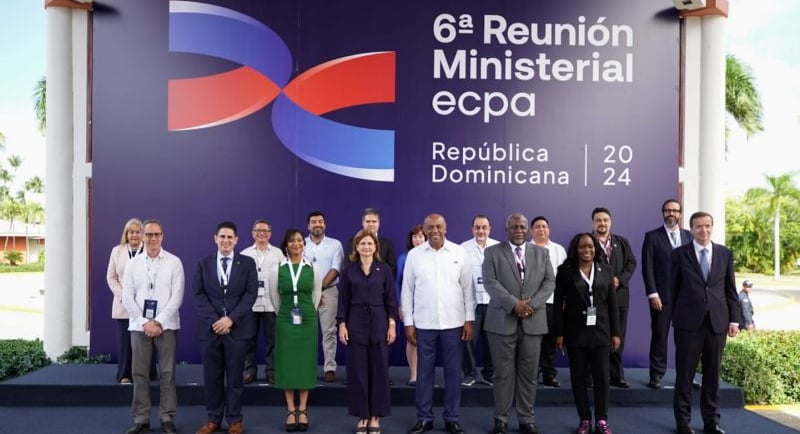POLEN Transiciones Justas highlights Colombia's role in the Just Energy Transition at the Americas Climate Event


As part of the Sixth Meeting of the Energy and Climate Partnership of the Americas (ECPA), POLEN TJ was invited to participate in the parallel roundtable titled “Addressing International Barriers to a Just Energy Transition and Energy Security in Latin America and the Caribbean,” at the invitation of the Powering Past Coal Alliance (PPCA). During this event, we discussed the challenges faced by various countries in Latin America and the Caribbean concerning just energy transitions, particularly those linked to phasing out coal as a source of electricity generation.
In our presentation, we highlighted some of the challenges faced by Colombia in light of its current Just Energy Transition agenda and its recent accession to international alliances such as the PPCA, the Beyond Oil and Gas Alliance (BOGA), and the Treaty on Non-Proliferation of Fossil Fuels (TNPCF). We emphasized that Colombia is now positioned as a key player in the region due to its significant economic dependence on fossil fuels.
Additionally, we discussed the specific actions Colombia is taking to move towards a coal-free energy future, such as initiatives for labor and economic retraining, decentralization, and the democratization of energy systems through schemes like Energy Communities. Additionally, we explored efforts to modify the regulatory framework of the electricity market to ensure reliability and complementary services, among other actions. We also addressed other initiatives that are part of the broader Just Energy Transition, such as efforts to promote electromobility through innovative technologies like electric retrofit, which enables the conversion of combustion engine vehicles to electric vehicles.
In conclusion, the Colombian government's commitment to the Just Energy Transition was acknowledged, emphasizing the need to overcome various challenges to achieve a successful transformation. The vital role of think tanks and civil society organizations in generating inputs that complement and strengthen institutional capacities throughout this critical transition process was also highlighted.



